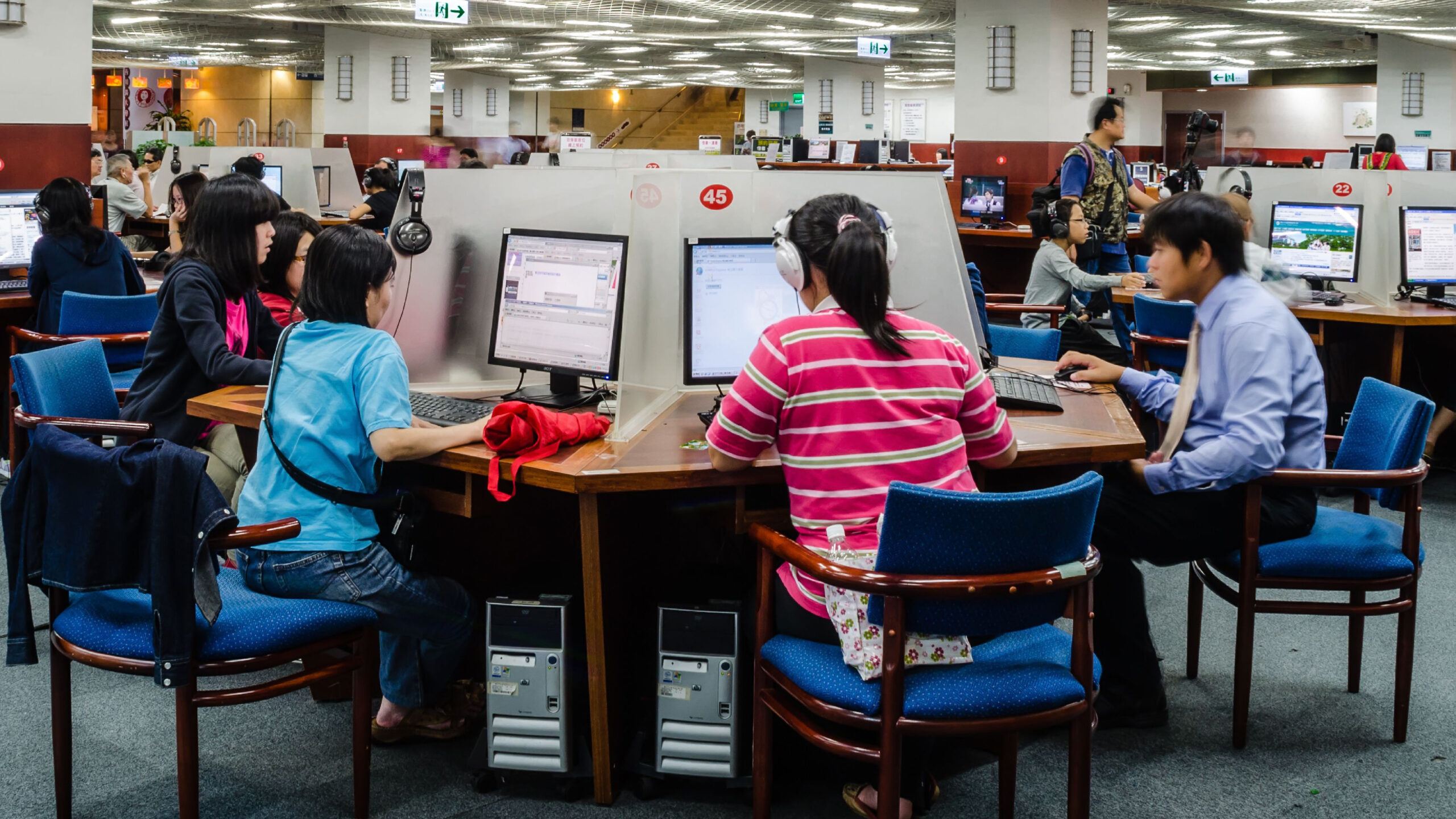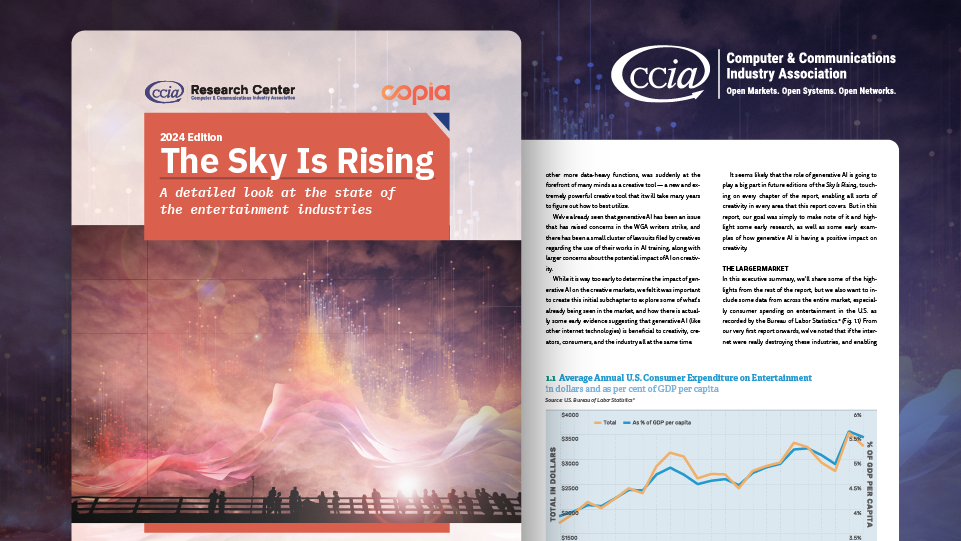The Internet and Disruption
One of the biggest early misconceptions of the Internet was that it was a one-way medium. Like television or radio before it, the Internet was looked at as another channel for providers to sell their content. But the real potential of the Internet was not as an extension of the technologies that came before it but as a brand new ecosystem where content, ideas and products could be shared back and forth between millions of people.
Fifteen years ago these competing visions of the Internet were in conflict: on one side you had those who wanted to control the Internet in the same way that TV or radio were controlled. That meant holding Internet intermediaries accountable for the things their users said and did online. But there were others — like myself and then-Representative Chris Cox – who saw the flaw in holding a website owner legally responsible for their users in the same way that a TV station is responsible for what they choose to put on air. This collaborative medium, and the people who kept it running, needed the legal breathing room to flourish. In other words: for the Internet to remain a fertile and innovative medium for new ideas and commerce, it needed to be protected from many of the same liabilities placed on those one-way technologies. For that reason we pushed the passage of Section 230 of the Communications Decency Act.
Luckily, when the dust settled and the courts ruled, the approach Rep. Cox and I had advocated for was left standing and that has made all the difference. The Internet is an inherently disruptive technology. It took the basic premise that consumers of media could not also be producers and proved it to be false. As the Internet disrupted incumbent technology and business models it remained free to create social media like Twitter and Facebook, online-commerce giants like Amazon and eBay, as well as the small businesses that call Etsy home. The Internet led to a democratization of information, media, commerce and social interactions that we have not even begun to see the full effects of.
Those who were attached to the incumbent technologies and business models have had a hard time adapting. There have been battles over Internet taxation and enforcement of intellectual property with the incumbents holding all the levers of power and the funds to make them work in their favor – yet the Internet remains free and open despite the best efforts of those who want to reduce it to that producer-consumer medium that they first conceived. The disruptive, creative power of the Internet has allowed innovation to overcome the incumbents time after time.
Disruptive technology has been the defining component of innovation for thousands of years. The wheel, the internal combustion engine, and radio all made the world a much smaller place than they were before. Money, roads, banking and the web have all changed economics in fundamental ways. If at any point along the way technology had not disrupted the status quo, our cultural progress would have suffered. The Internet is the perfect example of that idea because it is, in itself, disruptive. The Internet is never the same one day as it will be the next. It is constantly changing, incorporating the ideas and talents of billions of people across the globe. It is at its core a technology that makes possible and enhances anything we as a culture are able to create.








